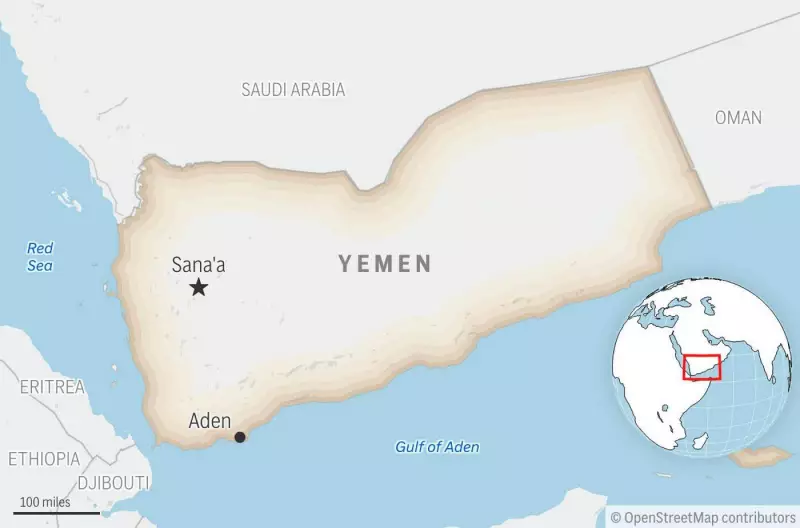
In a significant development that could ease tensions in Middle Eastern waterways, Yemen's Houthi rebels have indicated they are halting attacks on Israeli targets and commercial shipping in the Red Sea. The announcement marks a potential turning point in regional security dynamics that have threatened international maritime trade routes.
Ceasefire Announcement and Regional Implications
The Houthi movement, which controls much of northern Yemen including the capital Sanaa, communicated their decision to stop offensive operations against Israel and vessels transiting the strategic Red Sea corridor. This waterway serves as a critical passage for global shipping, particularly for oil tankers and container ships moving between Asia and Europe via the Suez Canal.
The timing of this announcement on November 11, 2025 comes after months of heightened tensions that saw multiple attacks on commercial vessels and Israeli-linked ships. These incidents had raised insurance costs for shippers and prompted several major carriers to reroute vessels around Africa, adding significant time and expense to global supply chains.
Background of the Conflict
The Iran-aligned Houthi forces had previously justified their maritime attacks as retaliation for Israeli operations in Gaza and as part of their declared support for Palestinian causes. Their campaign had included missile and drone strikes targeting vessels they identified as having connections to Israel or supporting Israeli interests.
International naval forces, including United States and European Union task forces, had been patrolling the region to protect shipping lanes and intercept incoming threats. The persistent attacks had created uncertainty for the global shipping industry already grappling with multiple challenges in key maritime chokepoints worldwide.
Potential Impact on Global Trade
If sustained, the cessation of Houthi attacks could bring immediate relief to shipping companies and energy markets. The Red Sea route through the Bab el-Mandeb strait handles approximately 12% of global trade, including significant volumes of oil and liquefied natural gas shipments.
Shipping industry analysts had reported that some vessels were adding up to two weeks to their journeys by sailing around the Cape of Good Hope rather than risking transit through the Red Sea. This detour added substantial fuel costs and delayed deliveries of everything from consumer goods to critical energy supplies.
The development comes as the international community continues efforts to broker lasting peace agreements in Yemen's civil war, which has created one of the world's worst humanitarian crises. While the Houthi announcement specifically addresses maritime attacks, it remains unclear how this decision might relate to broader peace negotiations or the ongoing conflict within Yemen itself.
Regional powers and international shipping organizations are likely monitoring the situation closely to verify that the cessation of attacks holds and to assess whether this represents a temporary pause or a more permanent shift in Houthi military strategy.





